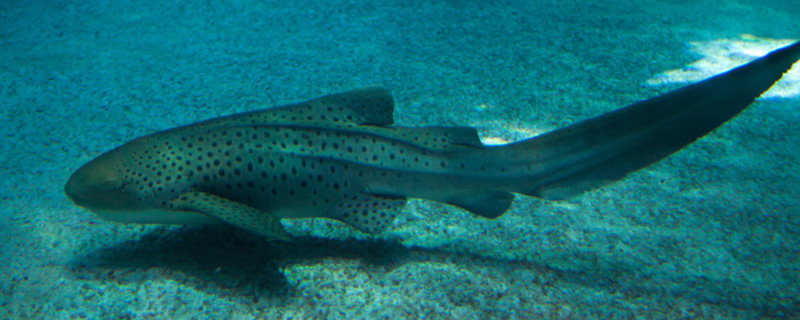
Fish have no eyelids. For fish, eyelids are not needed to ensure that the eyes are moist, and at the same time, they will not encounter some sand and dust in the water, which will cause them to be confused, so eyelids have no effect. But sharks have nictitating membranes, or nictitating folds, similar to eyelids, which allow them to cover their eyes when they attack, thus avoiding eye injury.
1. Vision: The vision of fish is not developed. It can only see objects that are near. Things that are too far away cannot be seen clearly. However, with the help of the refraction of water, they can still see the situation on the surface of the water, thus avoiding predators. Unlike terrestrial animals, fish do not rely on vision to hunt, but through the lateral line to sense the movement of food.
2. Sense of smell: The sense of smell of terrestrial animals is mainly to sense volatile gases in the air, but fish live in water, so its sense of smell is different. There are two holes in the snout of the fish, and there are olfactory sacs inside. When water flows through, it can sense the amino acids in the water, so it can judge the water quality, and at the same time, it can know the types of fish around.
3. Taste: Fish also has a sense of taste. Its taste buds are not only in its mouth, but also on its lips and head. When a fish eats something unfamiliar, it swallows and spits it out repeatedly to see if it's edible.
4. Hearing: Although you can't see the fish's ears, the fish actually has hearing. Its inner ear is hidden in the head, hearing range is relatively narrow, more often is to feel the water to determine whether there is danger around, but the ear also has a role, that is to maintain balance.